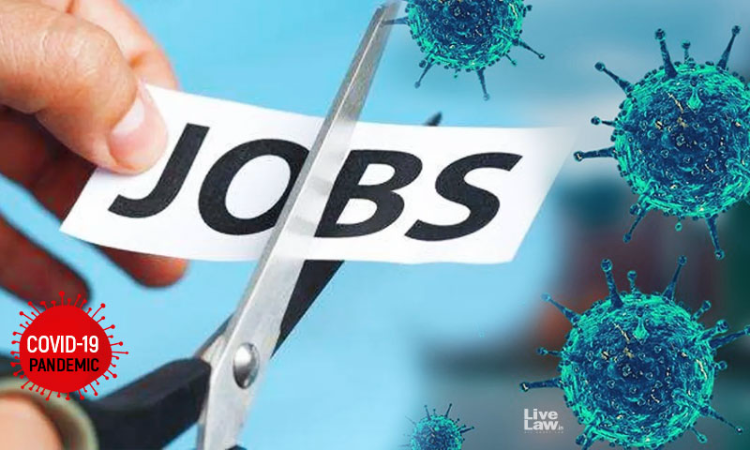A plea has been filed in the Supreme Court seeking intervention of the court in terms of issuance of directions to both Central & State Governments to formulate a framework to counteract the problems faced by private sector employees, who have been suddenly laid off due to the lockdown.The PIL has been filed by Advocate Aditya Giri and seeks affixation of the liability & accountability...

